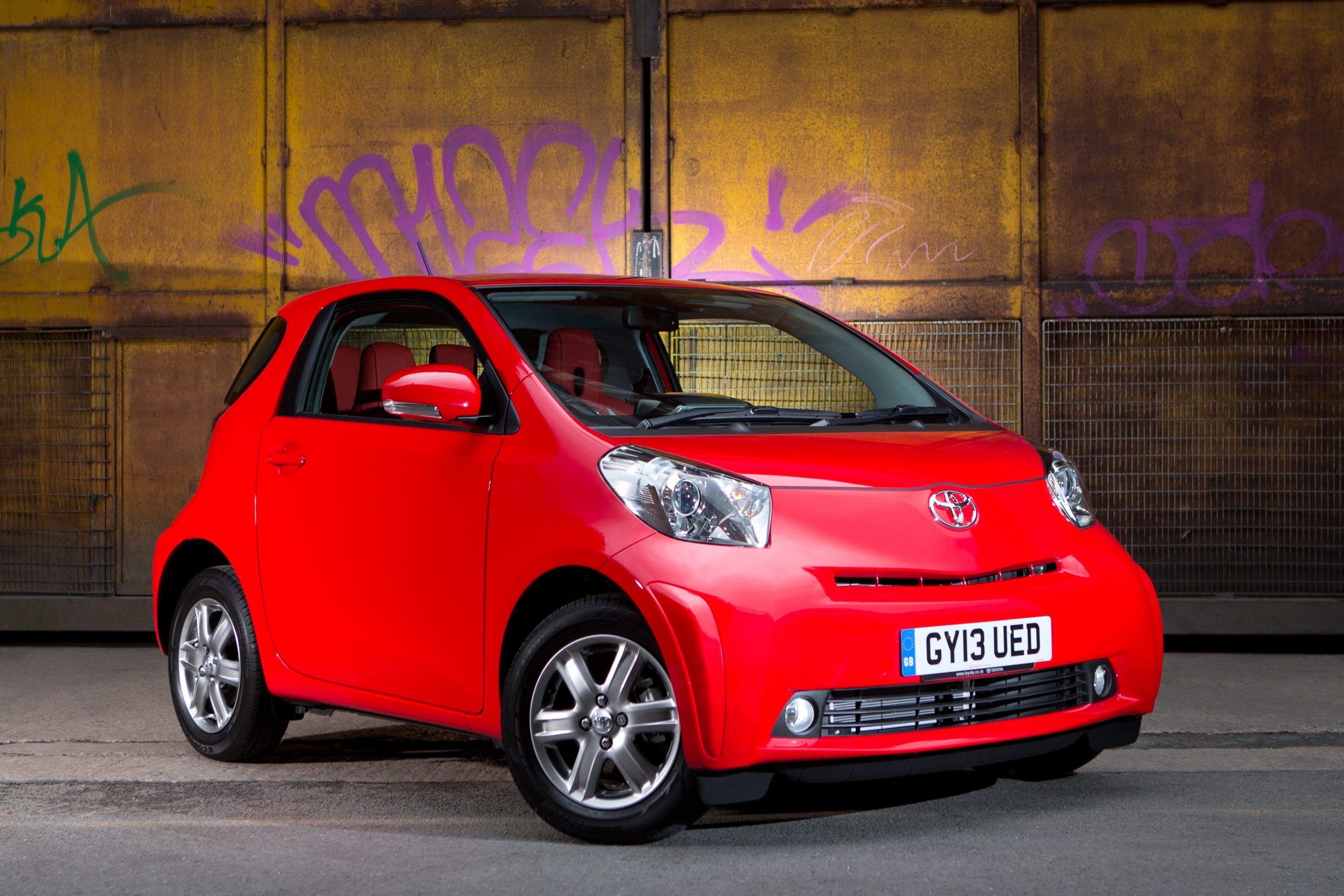Car advice


Find the best car for you and your dog with our Dog-Friendly Car Guide

Buying guides, articles and advice from our team of experts.
Best Electric Cars in 2025
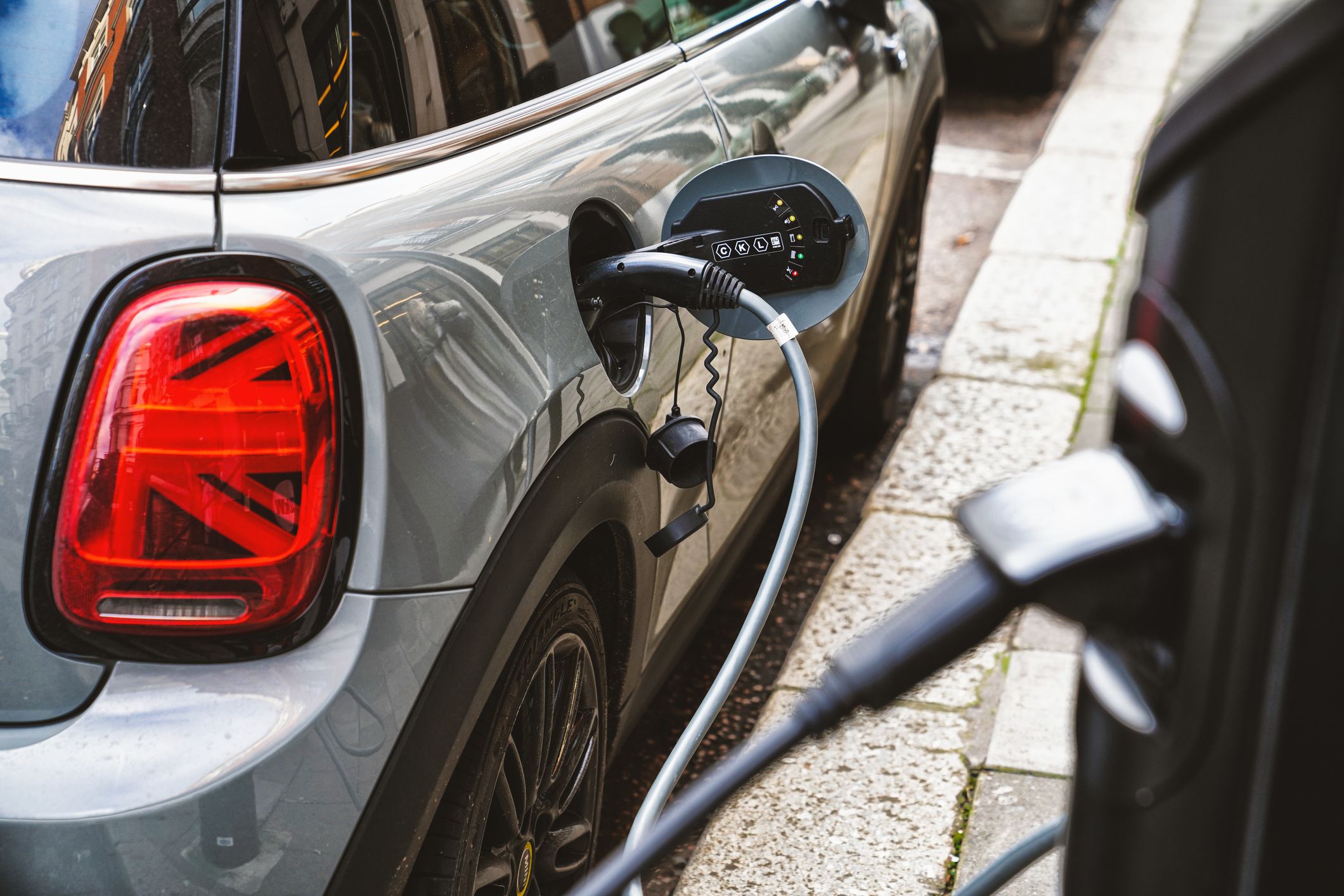
Honda Civic Type R (FL5) vs Honda Civic Type R (FK8): Which one makes a better used buy?
Buying guide
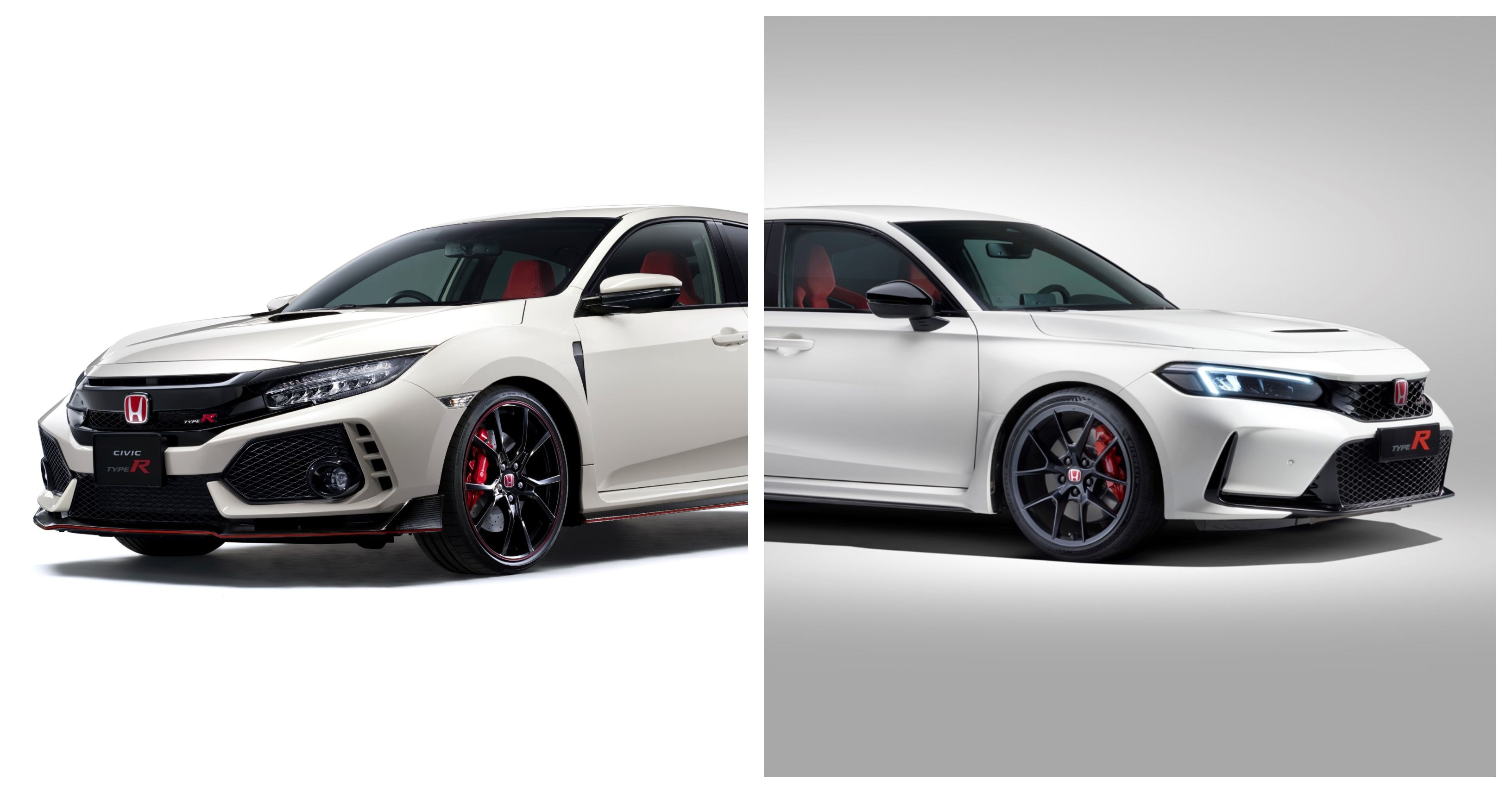
Used car comparison: Ford Ranger vs Toyota Hilux
Buying guide
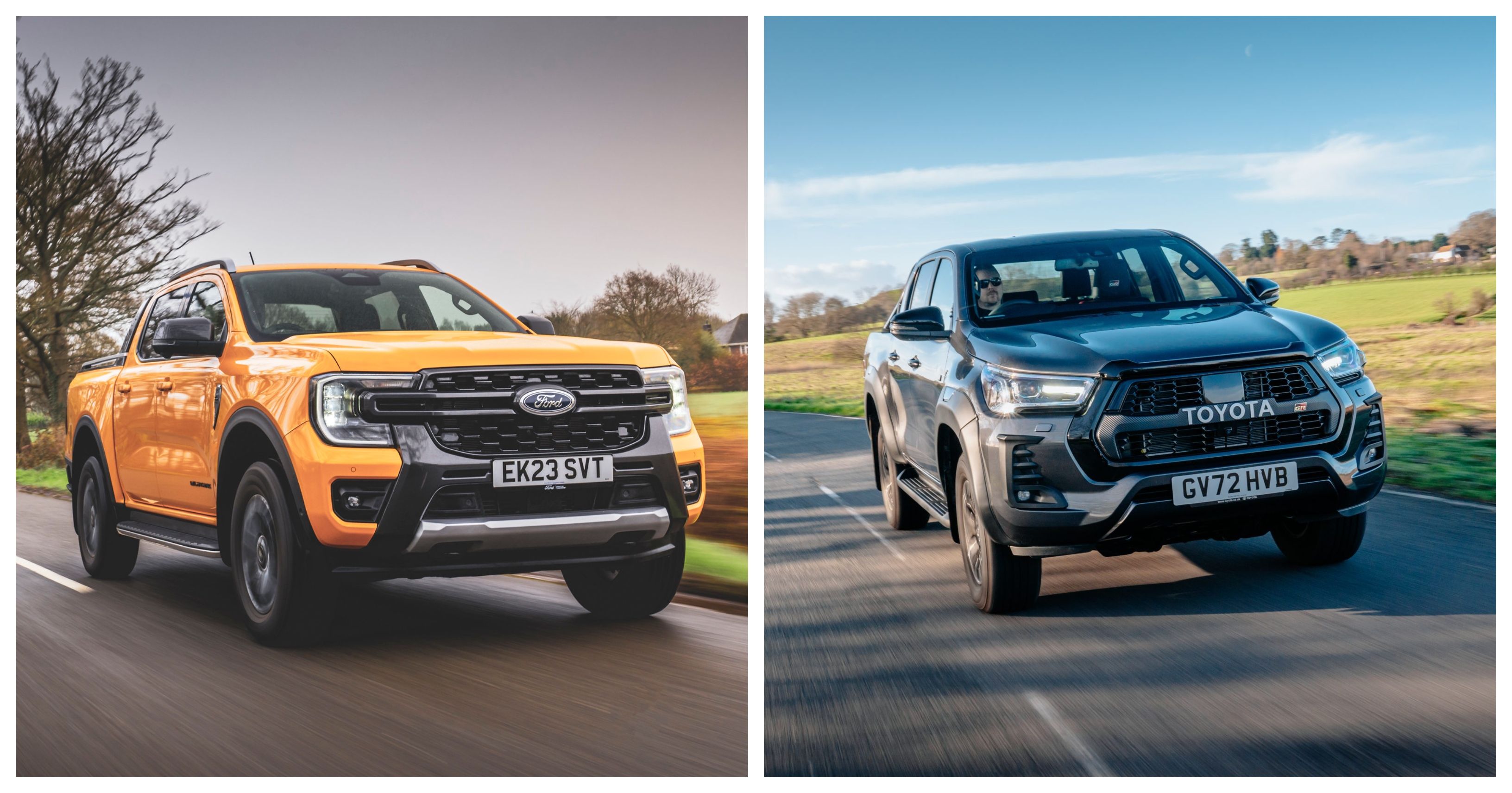
Honda Jazz vs Toyota Yaris: Which one is a better used buy?
Buying guide
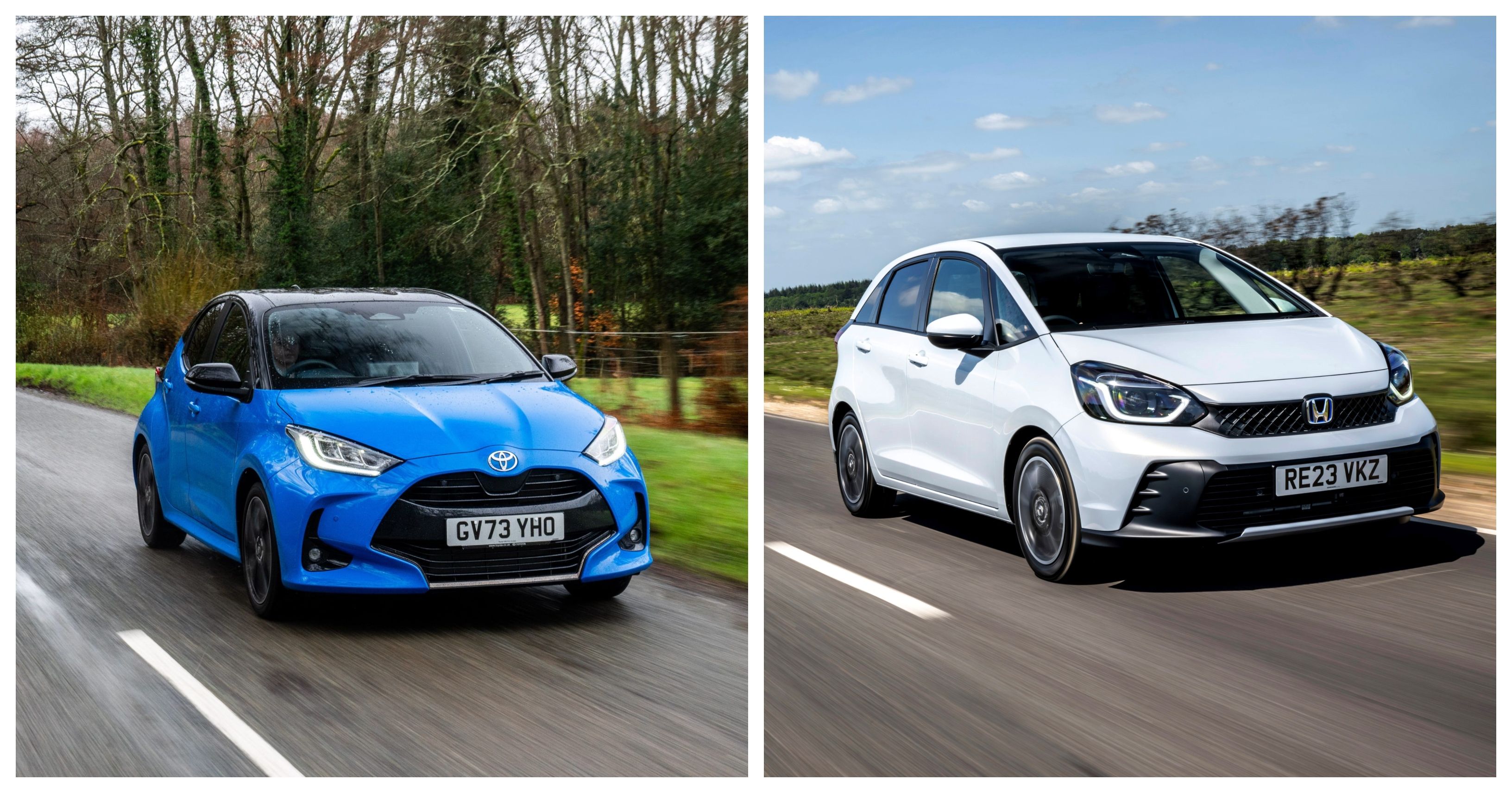
Best Cars for Dogs: Cazoo Dog Friendly Car Guide

Tyre Codes Explained: What does the writing on a car tyre mean?
Buying guide
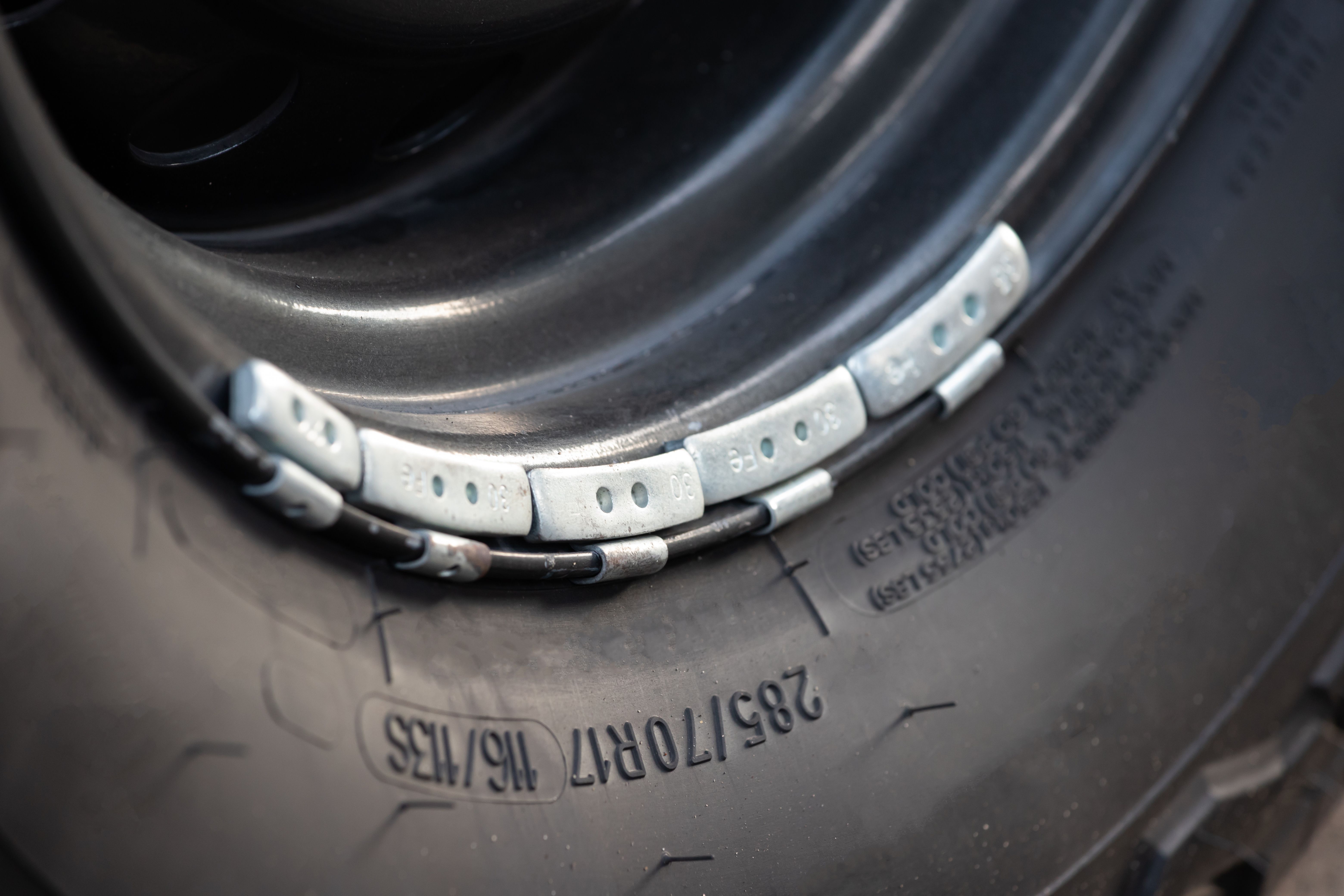
Best Used Hatchbacks
Buying guide
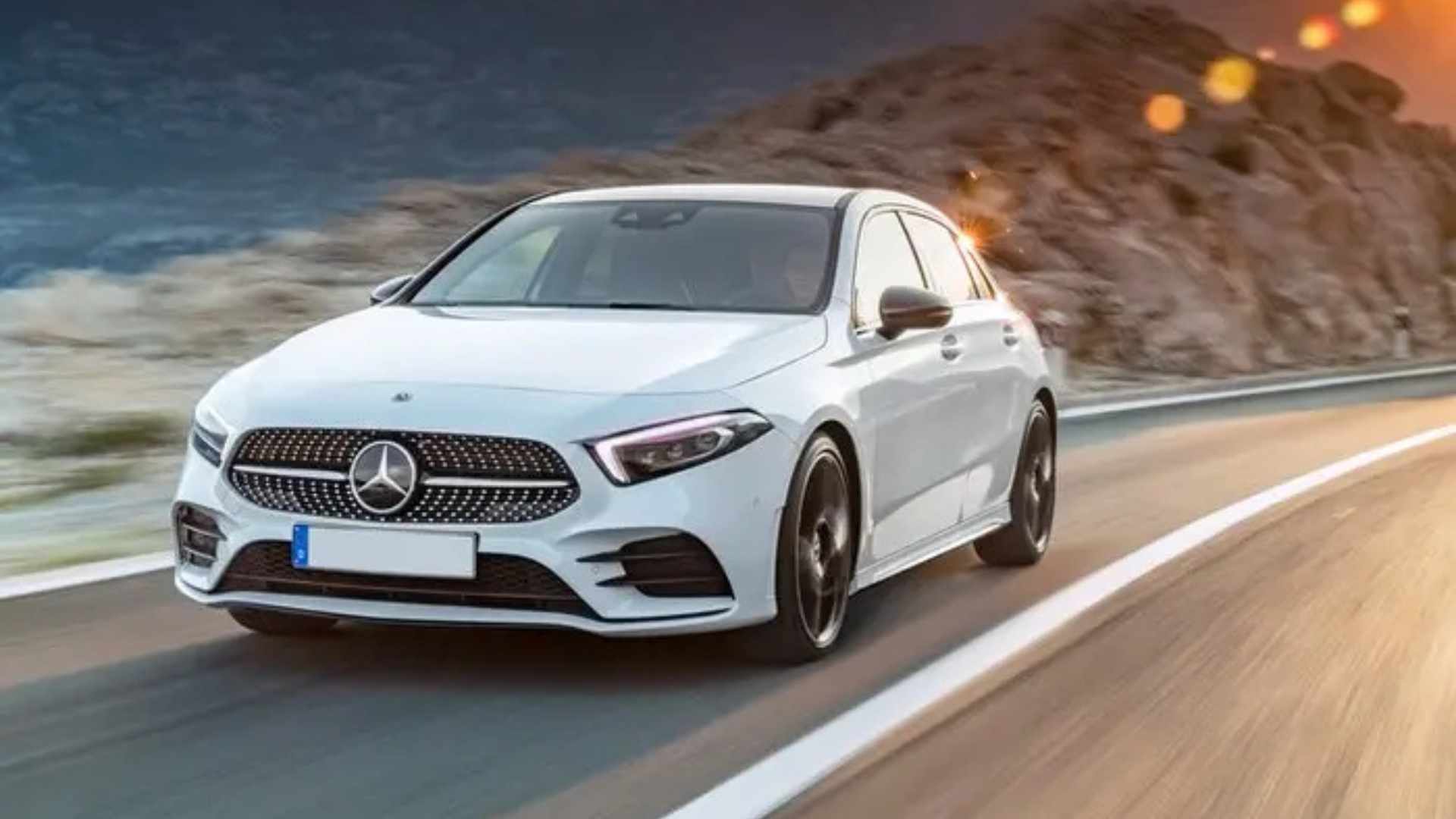
What is MPG?
Buying guide

Best used hybrid SUVs 2025
Car advice
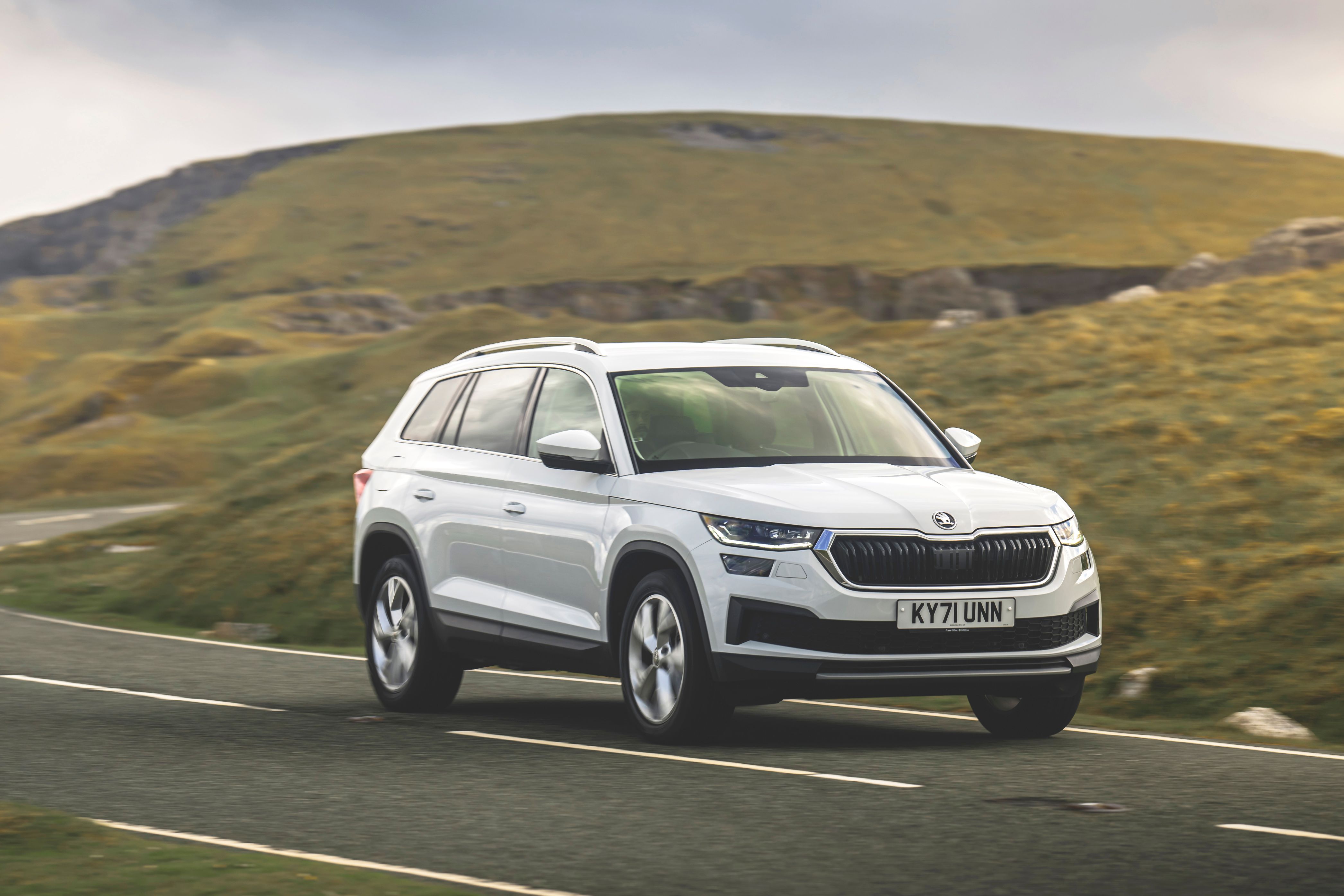
These are the biggest electric cars you can buy right now
Car advice
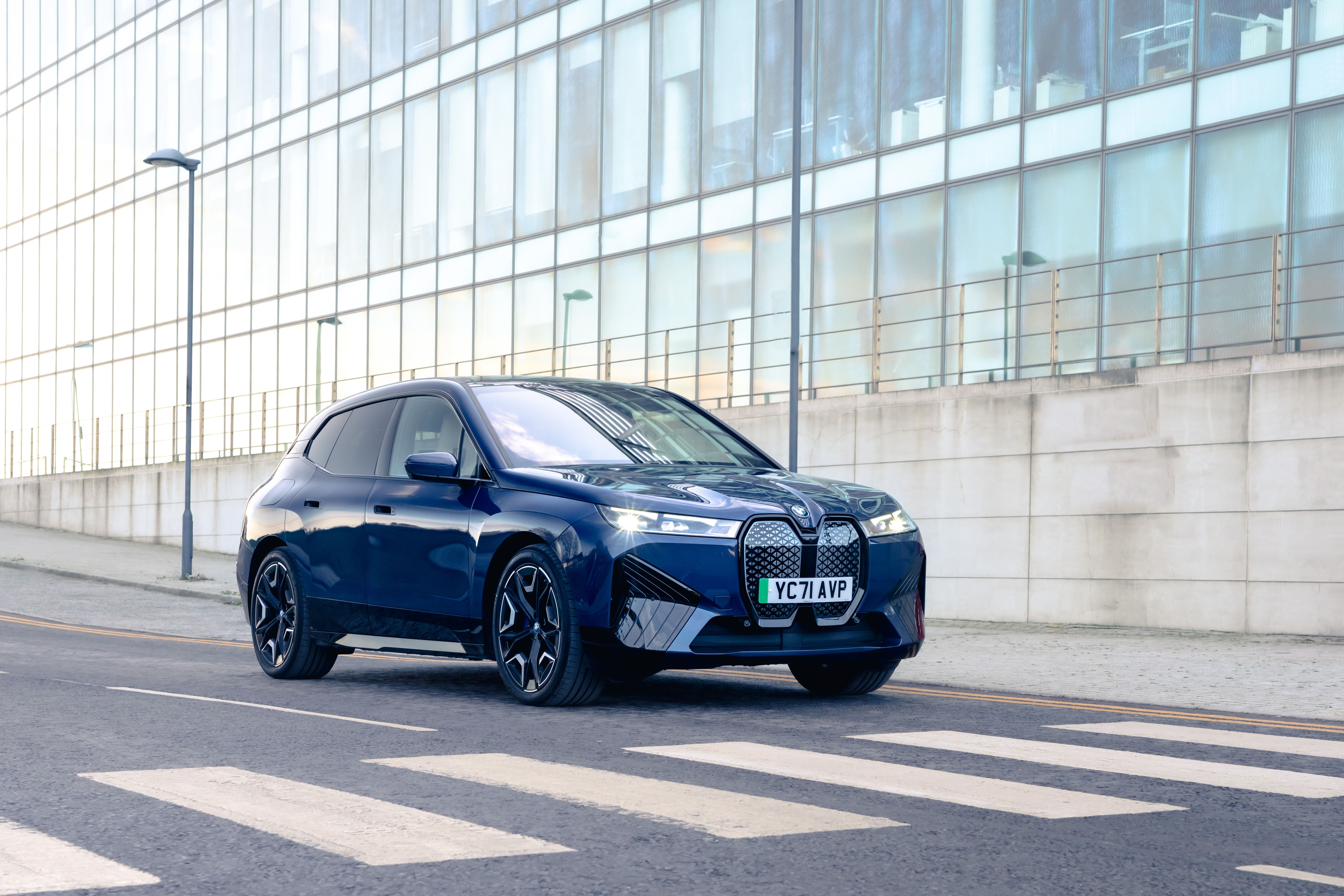
Should I buy an electric car?
Buying guide

What are the smallest Toyotas you can buy today?
Car advice
